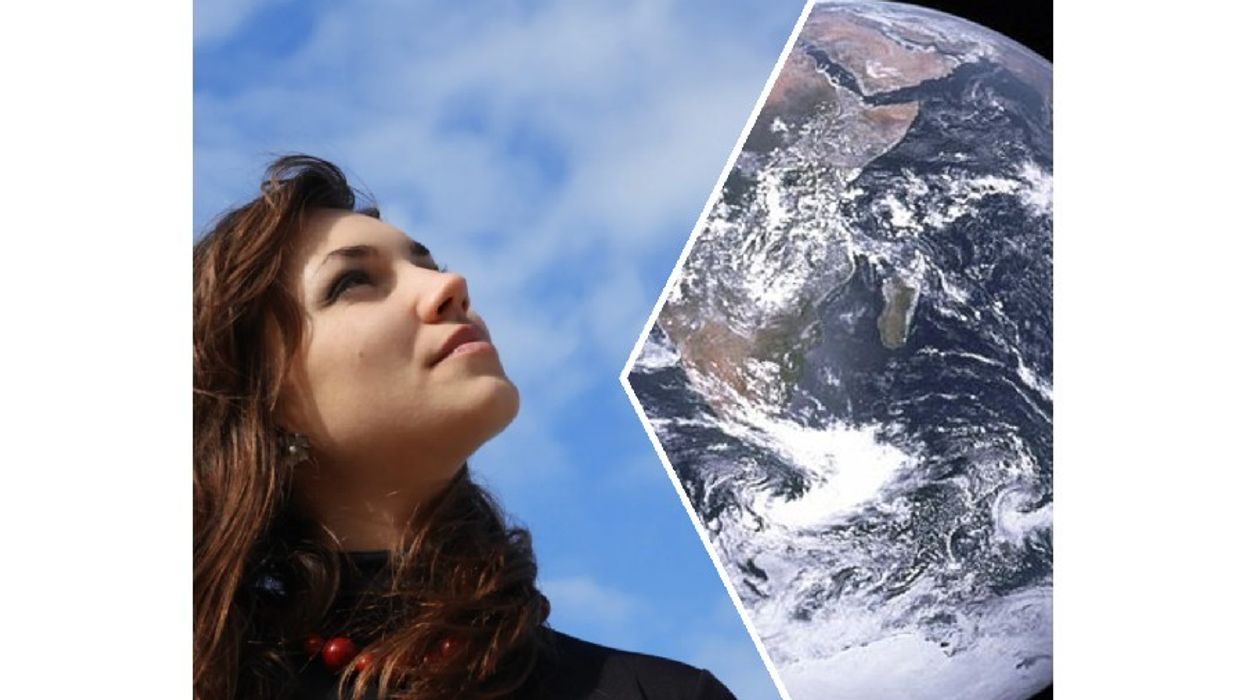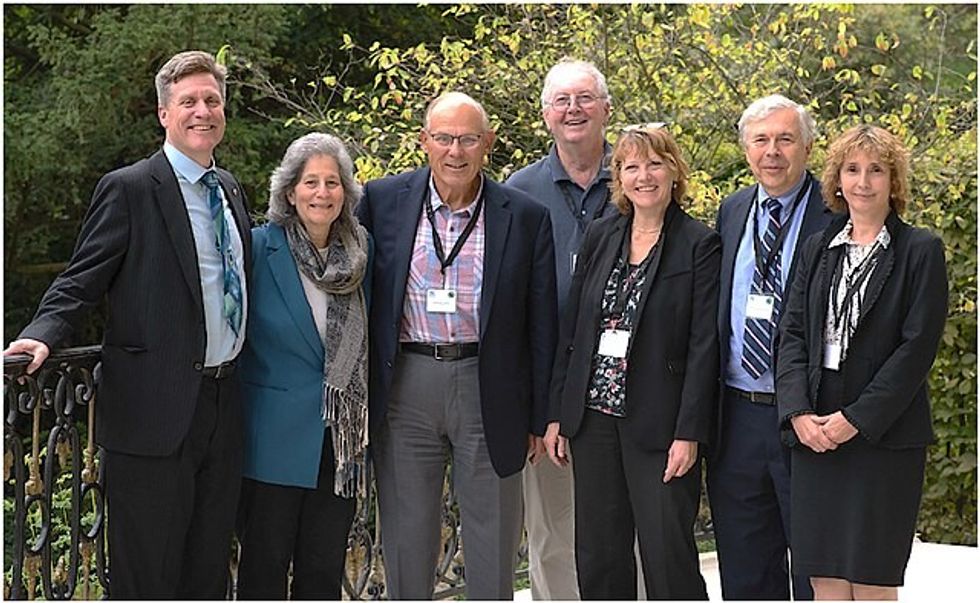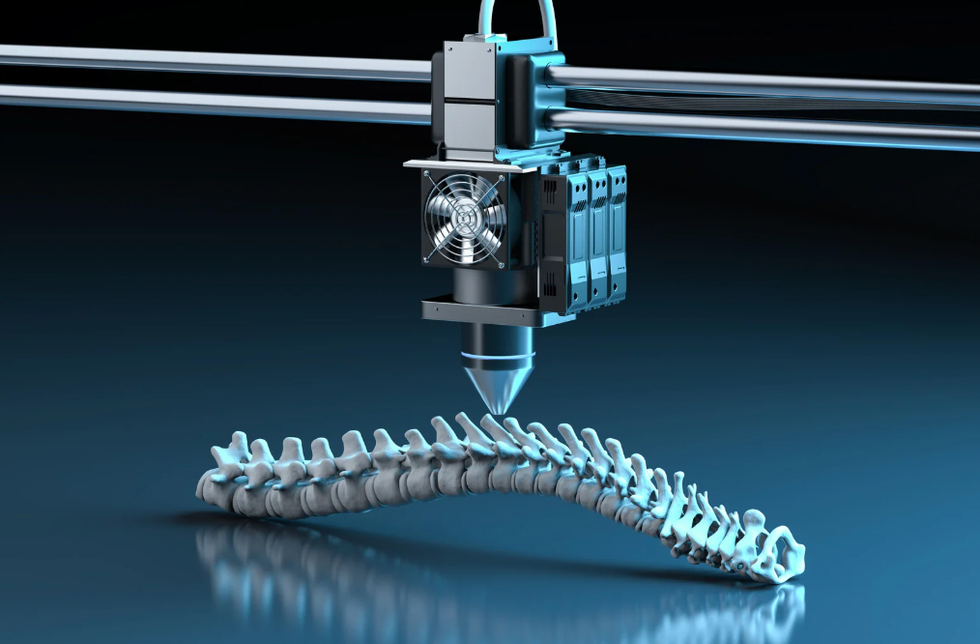Einstein’s theory of relativity has fascinated many, particularly regarding time travel and aging. According to the BBC, it states that time is not universal. This means that the faster you travel, the slower time passes, potentially slowing the aging process. This concept often brings to mind air travel, as planes fly much faster than other modes of transportation. But how true is this, and how does it work? Although these effects are minor, they do exist and have significance over time.

Another aspect of Einstein's theory involves gravity, as noted by the Journal of Medicine. Lower gravitational pull makes time pass faster, subtly impacting the aging process. This means a person's head is slightly older than their feet, though the difference is minimal. When flying, time slows down, but it's essential to understand the full context. For instance, if a spaceship were to approach a black hole, time would seem normal inside the ship, while outside, it would accelerate dramatically.

For instance, a person inside would feel their heartbeat and pulse to be steady but when looking outside, things are swiftly changing due to speed. What may seem like just a short period from the inside may be years outside. If we look at Earth from the spaceship, it would appear that the events unfold like a fast-forwarded movie. Adding a more strange perspective, the research asked people to switch their imagination and exchange roles. If one had to picture themselves at the space station and watch another in the spacecraft in the black hole, the results would be contradictory.
The research suggests that though the person going into the black hole will experience a fast-forwarded reality, for the one at the space station, it will seem like things are slower down there. Time seems slower for the person standing at the station though the case may be completely otherwise for the person inside. The same scenario can be connected to flying in a plane. This is called time dilation, where time seems slower for the person at rest, per Science Line. Time ticks slower on the Earth where gravity is greater, whereas, up in the sky where gravity is reducing, time seems comparatively faster.

When flying in a plane, people onboard are traveling at a much faster rate than those on the ground. If one were to view a plane from the sky, it would seem slow but those onboard understand that they’re moving at a fast pace. If a person inside the plane were to look out, they’d find themselves crossing large areas of land within seconds. Chin-Wen Chou, a physicist from the National Institute of Standards and Technology lab in Colorado, researched to understand the paradoxical theory. The gravitational factor suggests that those in the air should age faster but the time factor points out that those in the air, like the person inside the spaceship, are unlikely to find time moving rapidly. He suggested that those who frequently travel may age faster but the difference is so tiny that it's almost insignificant.

















 The hole in the ozone layer in 2015.Photo credit: Wikimedia Commons
The hole in the ozone layer in 2015.Photo credit: Wikimedia Commons In the 1980s, CFCs found in products like aerosol spray cans were found to cause harm to our ozone layer.Photo credit: Canva
In the 1980s, CFCs found in products like aerosol spray cans were found to cause harm to our ozone layer.Photo credit: Canva Group photo taken at the 30th Anniversary of the Montreal Protocol. From left to right: Paul Newman (NASA), Susan Solomon (MIT), Michael Kurylo (NASA), Richard Stolarski (John Hopkins University), Sophie Godin (CNRS/LATMOS), Guy Brasseur (MPI-M and NCAR), and Irina Petropavlovskikh (NOAA)Photo credit: Wikimedia Commons
Group photo taken at the 30th Anniversary of the Montreal Protocol. From left to right: Paul Newman (NASA), Susan Solomon (MIT), Michael Kurylo (NASA), Richard Stolarski (John Hopkins University), Sophie Godin (CNRS/LATMOS), Guy Brasseur (MPI-M and NCAR), and Irina Petropavlovskikh (NOAA)Photo credit: Wikimedia Commons
 Getting older means you're more comfortable being you.Photo credit: Canva
Getting older means you're more comfortable being you.Photo credit: Canva Older folks offer plenty to young professionals.Photo credit: Canva
Older folks offer plenty to young professionals.Photo credit: Canva Eff it, be happy.Photo credit: Canva
Eff it, be happy.Photo credit: Canva Got migraines? You might age out of them.Photo credit: Canva
Got migraines? You might age out of them.Photo credit: Canva Old age doesn't mean intimacy dies.Photo credit: Canva
Old age doesn't mean intimacy dies.Photo credit: Canva
 University President Eric Berton hopes to encourage additional climate research.Photo credit: LinkedIn
University President Eric Berton hopes to encourage additional climate research.Photo credit: LinkedIn

 Chewing helps blood flow to the brain.Photo credit: Canva
Chewing helps blood flow to the brain.Photo credit: Canva
 There are many applications for 3D printing to explore.Photo credit: Canva
There are many applications for 3D printing to explore.Photo credit: Canva



















 The types of tea, tea bags, and seeping time impact how much metal can be removed from water.Photo credit: Canva
The types of tea, tea bags, and seeping time impact how much metal can be removed from water.Photo credit: Canva Water filtration is still a need throughout the world.Photo credit: Canva
Water filtration is still a need throughout the world.Photo credit: Canva Tea drinking is a staple in many different cultures throughout the world.Photo credit: Canva
Tea drinking is a staple in many different cultures throughout the world.Photo credit: Canva